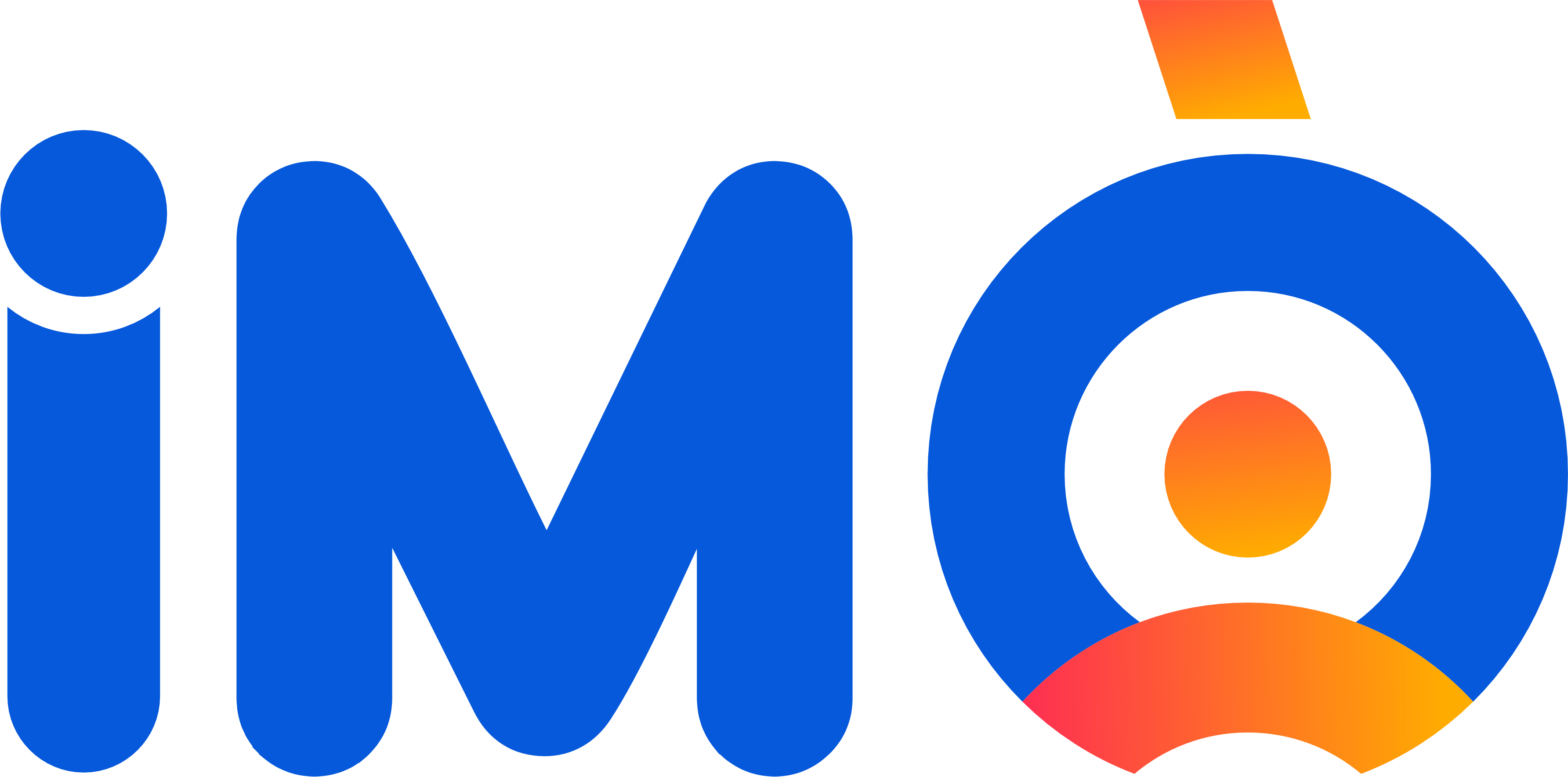With the rise of remote work and the increasing globalization of the workforce, companies are turning to smart sourcing strategies to tap into a diverse pool of skilled professionals. Finding exceptional talent is a critical factor for success. However, for many small to medium-sized enterprises (SMEs), non-profits, and startups,they struggle when it comes to hiring, as limited resources can make it challenging to compete with larger organizations. With a vast talent pool of highly qualified individuals from around the globe, IMÒ offers a unique opportunity for companies to leverage smart sourcing strategies for remote hiring.
Smart Sourcing is a strategic approach to recruitment that emphasizes efficiency and effectiveness, allowing you to find top talent even with limited resources. By leveraging technology, focusing on the right talent pools, and building strong employer branding, Smart Sourcing equips you to build a high-performing team, regardless of location. As remote work becomes increasingly popular, mastering Smart Sourcing techniques is essential for successful remote hiring.
The Rise of Remote Hiring
The advent of technology has revolutionized the way businesses operate. Remote hiring, once considered a last resort, has now become a mainstream strategy. According to a study by Owl Labs, 16% of companies globally are fully remote, and 62% of workers between 22 and 65 work remotely at least occasionally. The 2020 global pandemic further accelerated this trend, demonstrating that remote work can be just as productive, if not more so, than traditional office work.
Why Smart Sourcing is Ideal for Remote Hiring
Remote hiring offers a vast pool of talent, unrestricted by geographical limitations. However, finding the right fit can be challenging without a strategic approach. Smart Sourcing helps you navigate the remote hiring landscape by:
- Expanding Your Candidate Pool: Traditional methods limit your options to local talent. Remote hiring eliminates geographical limitations, enabling businesses to find the best talent regardless of location. Smart Sourcing allows you to tap into a global network of qualified candidates, increasing your chances of finding the perfect fit. This is particularly beneficial for roles that require specialized skills or expertise that may be scarce locally.
- Cost-Effectiveness: Smart Sourcing leverages free or low-cost online tools and platforms, reducing reliance on expensive recruitment agencies. By hiring remotely, businesses can save on office space, utilities, and other overhead costs. Additionally, the cost of living varies significantly across different regions, allowing companies to find skilled workers in locations where salaries are lower than in their home country.
- Improved Efficiency & Productivity: By focusing on targeted sourcing strategies, you spend less time sifting through irrelevant applications and more time attracting qualified candidates. Remote workers often enjoy greater flexibility, which can lead to higher job satisfaction and productivity. According to a study by Stanford University, remote employees are 13% more productive than their office-based counterparts.
- Diversity and Inclusion: Remote hiring opens doors to a more diverse talent pool, bringing in unique perspectives, experiences and fostering innovation and creativity to strengthen your team.
Challenges of Remote Hiring
While remote hiring offers numerous benefits, it also comes with its own set of challenges:
- Communication Barriers: Time zone differences and language barriers can complicate communication. Clear communication channels and expectations must be established to mitigate these issues.
- Trust and Accountability: Building trust with remote employees can be challenging. Implementing performance tracking and regular check-ins can help ensure accountability.
- Cultural Differences: Understanding and managing cultural differences is crucial for maintaining a cohesive team. Cultural sensitivity training and open-mindedness are key to overcoming this challenge.
Smart Sourcing with IMÒ Interns
IMÒ Interns is a digital marketplace that connects businesses with skilled African graduates who are ready to work remotely. By leveraging IMÒ’s talent pool, businesses can overcome the challenges of remote hiring and reap its benefits. Here’s how IMÒ can help:
- Quality Talent: IMO provides access to a diverse pool of graduates with expertise in various fields, including business and tech. These interns are carefully vetted to ensure they meet high standards of skill and professionalism.
- Cost-Effective Solutions: Hiring through IMÒ allows businesses to access top talent at a fraction of the cost compared to hiring locally in Western markets. This cost savings can be significant for businesses with limited budgets.
- Flexibility: IMÒ offers flexible hiring options, allowing businesses to scale their workforce up or down based on their needs. Whether you need short-term project assistance or long-term support, IMÒ can accommodate your requirements.
- Support and Training: IMÒ provides ongoing support and training for their interns, ensuring they are well-prepared to contribute to your business. This includes cultural sensitivity training, which helps bridge any cultural gaps that may arise
Building a Smart Sourcing Strategy
Here are key steps to build a Smart Sourcing strategy for successful remote hiring:
1. Define Your Ideal Candidate Profile:
- Skills and Experience: Clearly outline the essential skills and experience required for the position.
- Soft Skills: Identify the soft skills crucial for success in your company culture.
- Remote Work Preferences: Consider preferred communication styles, time zone availability, and desired level of autonomy for remote work.
- Technical Requirements: Identify the hardware, software, and internet connection requirements for the remote role.
2. Create a Compelling Employer Brand
In a remote setting, employer branding becomes even more critical. A strong employer brand attracts top talent and allows you to stand out from competitors. Here’s how:
- Showcase your remote work culture: Highlight the benefits of working remotely at your company, such as work-life balance, flexibility, and opportunities for professional development.
- Active Social Media Presence: Maintain an active social media presence that showcases your company culture, work environment, and achievements.
- Employee Testimonials: Feature positive employee testimonials about remote work experiences at your company to build trust and credibility.
3. Master the Art of Remote Interviewing:
Remote interviewing requires effective communication and clear expectations. Here are some tips for successful remote interviews:
- Invest in Video Conferencing Tools: Utilize video conferencing platforms like Zoom, Google Meet, or Skype to conduct interviews.
- Structured Interview Process: Develop a structured interview format with clear questions and scoring criteria.
- Assess for Remote Work Suitability: Include questions that assess the candidate’s suitability for remote work, such as self-motivation, time management skills, and comfort with online communication tools.
- Technical Pre-Screening: Before the main interview, conduct a brief technical pre-screening call to ensure the candidate has the necessary equipment and internet connection for the role.
4. Optimize Your Onboarding Process for Remote Employees:
A smooth onboarding process is crucial for integrating new remote team members. Here are some key elements:
- Pre-Onboarding Communication: Keep new hires engaged with regular communication before their start date. Provide them with company information, team introductions, and details about their role.
- Virtual Workspace Setup: Ensure the new hire has the necessary hardware software, and access to communication tools before their first day.
- Dedicated Onboarding Buddy: Assign a dedicated onboarding buddy to help the new team member get acquainted with the company culture, tools, and team members.
- Regular Check-Ins: Schedule regular check-ins with the new hire to answer questions, address any concerns, and provide feedback.
- Virtual Team-Building Activities: Organize virtual team-building activities to foster collaboration and build relationships among remote team members.
Conclusion:
Smart Sourcing empowers you to overcome resource limitations and build a high-performing remote team. By leveraging technology, focusing on the right talent pools, and building a strong employer brand, you can attract top talent from anywhere in the world. As remote work becomes the new normal, mastering Smart Sourcing techniques will be critical for your organization’s long-term success.By utilizing platforms like IMÒ Interns and implementing smart sourcing strategies, companies can maximize efficiency, reduce costs, and achieve their business objectives.

